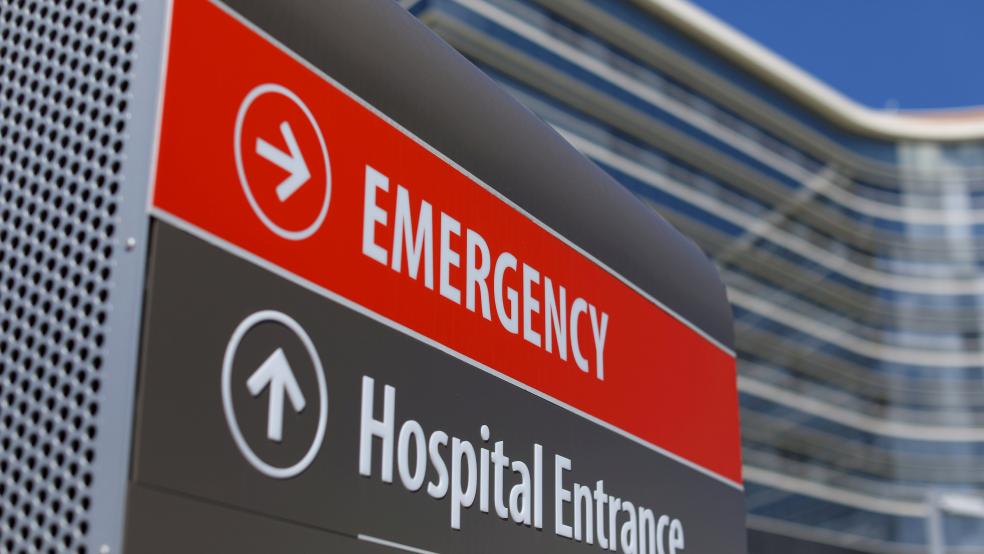The U.S. has recorded the highest number of deaths from Covid-19 in the world, at more than 1 million. According to a new analysis by a group of public health researchers, the uneven and fragmented nature of the American health care system has played a major role in running up that grim tally.
The researchers argue that a single-payer universal healthcare system would have performed far better, saving as many as 330,000 lives during the first two years of the pandemic, as well as billions of dollars.
In a report published in the Proceedings of the National Academy of Sciences, a team of 10 researchers, most affiliated with the Yale School of Public Health, estimated “excess mortality” rates for those who were uninsured before the pandemic began or lost their health insurance due to becoming unemployed during the economic crisis sparked by Covid-19. Excess deaths attributable to a lack of health insurance came to 212,000 in the first year of the pandemic alone.
Bad for health: The higher death rates for the uninsured were driven by a lack of access and worries about cost, with repercussions that affect the entire population. “At the individual level, concerns over medical expenses delay diagnosis and treatment, elevating case fatality rates,” the researchers say. “At the population level, postponement of diagnosis, and thus of case isolation, fuels transmission. In addition, fear of losing employer-sponsored health insurance during a pandemic may make it untenable for people to miss work even when they feel unwell.”
Bad for budgets: In addition to lives saved, the researchers estimate that the U.S. could have saved billions of dollars with universal health care. In general, a universal system would generate savings in multiple ways, including better preventative care to reduce the incidence of comorbidities such as diabetes; lower administrative costs; and lower prices for drugs, equipment and services. The researchers estimate that a universal health care system would save the U.S. $438 billion a year under normal, non-pandemic conditions. With Covid, a universal system would have provided another $105 billion in savings, the researchers estimate, thanks in large part to lower hospitalization costs.
The bottom line: While the analysis deals with a hypothetical and is necessarily uncertain, the projected savings are consistent with what public health experts have been saying for years — namely, that the U.S. health care system is more expensive and less effective than the universal systems in virtually every other industrialized nation. “Medicare for All would be both an economic stimulus and life-saving transformation of our health care system,” lead author Alison Galvani told Scientific American. “It will cost people far less than the status quo.”



